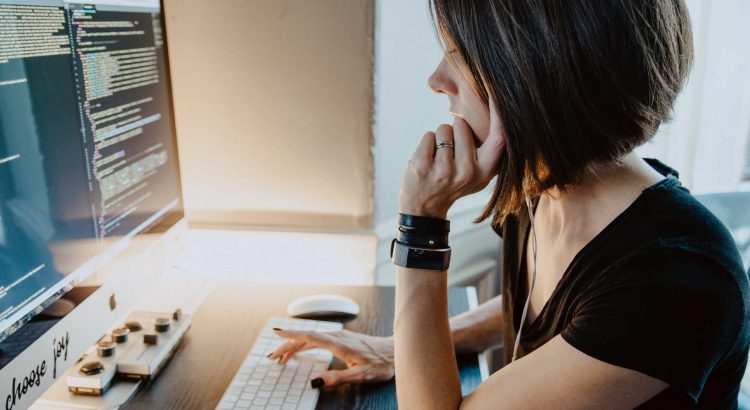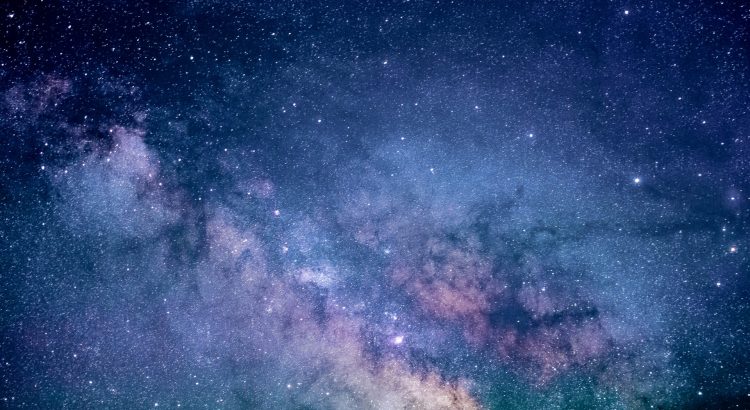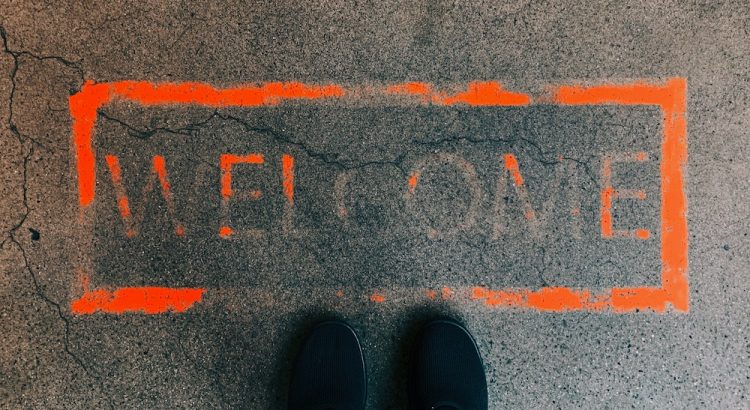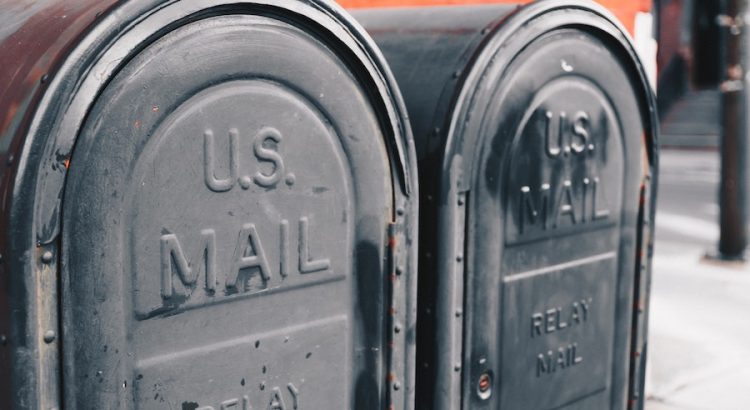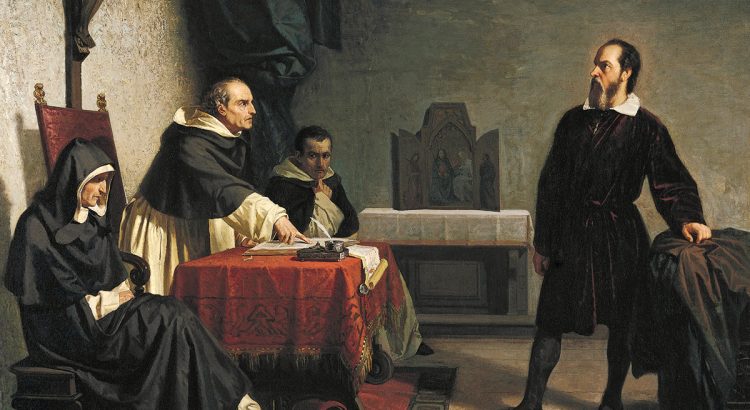Podcast: Play in new window | Download
Subscribe: Spotify | Email | TuneIn | RSS
If you work in a lab, you’re collecting data. And as the volume of data increases, many researchers find they can’t process or analyze that data in a spreadsheet or stats program anymore. Instead, they’re writing code in Python, R, or C++ to do that processing for them.
But this creates a new challenge: what happens to that code over time? Can your Python script be shared with other labs who might find it useful? When the graduate student who wrote the analysis package graduates, is there anyone around to maintain and update it so the lab can continue to reap the benefits?
Unfortunately, many researchers who know how to code don’t know how to shepherd that resource so it can be useful to others. But luckily, there are experts who know how to help.
Read More